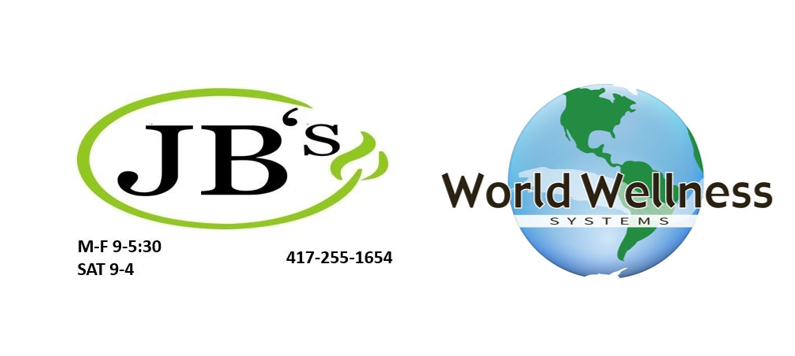Reduce Your Child's Chemical Exposure
The best way to protect your baby's skin is to avoid the harmful or irritating chemicals found in many of today's baby care products. A baby's delicate skin quickly absorbs anything applied to it, and the fragrances, chemicals, and dyes in many products can lead to rashes and skin irritation.
The safest care for your baby's skin is the simplest and most natural. At bath time, use only chemical- and fragrance-free soap, or simply rinse with water.
Skin Care Ingredients To Avoid for Infants
-
Parabens
These chemicals--appearing in about 85 percent of personal care ingredients according to the American Chemical Society--have been linked to cancer and reproductive problems as well as damage to the endocrine system.
-
Fragrances
Synthetic fragrances may include a wide variety of irritating or even harmful chemicals derived from petroleum or coal. Mineral oil Manufacturers add synthetic fragrance to this petroleum byproduct.
-
Propylene glycol
Used in many commercial applications, including antifreeze, this chemical is found in many baby wipes under the initials PEG or PPG.
-
Talc
This standby baby-care powder has been used since long before grandma's time. Unfortunately, in addition to being an irritant to the lungs, talc may sometimes contain small quantities of asbestos. Look for baby powder made from cornstarch or tapioca starch instead.
-
Triclosan
A common ingredient in antibacterial products of all kinds, including soaps and body washes, triclosan is an endocrine disruptor.
-
Triethanolamine
TEA is an irritating alkaline compound used to control pH levels. TEA, DEA, and MEA should all be avoided.
Safe Alternatives for Infant Skin Care
-
Coconut oil
Coconut oil is soothing, effective in treating rashes, and antifungal.
-
Chamomile
Helpful in treating diaper rash, as well as being antibacterial, antifungal, and anti-inflammatory, chamomile is gentle and soothing.
-
Shea Butter
Naturally anti-inflammatory, shea butter has antifungal and yeast-killing qualities.
-
Calendula
This herb is a natural antibacterial agent that promotes rapid healing.

